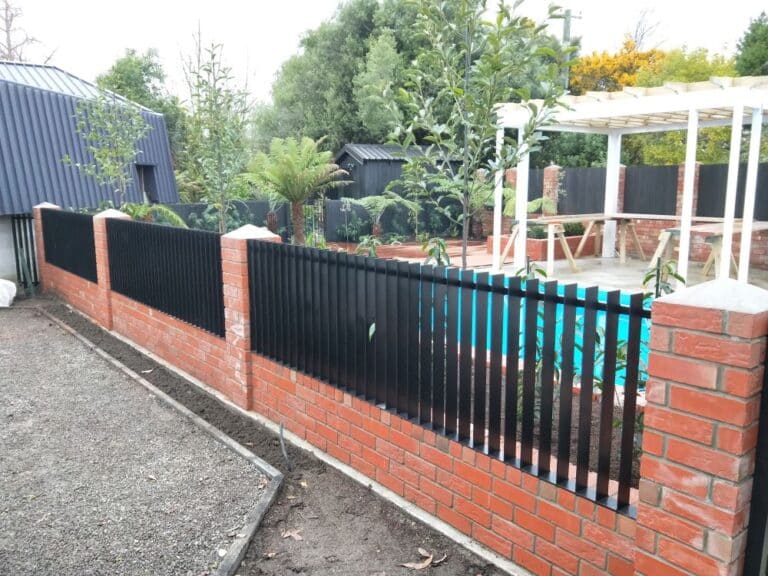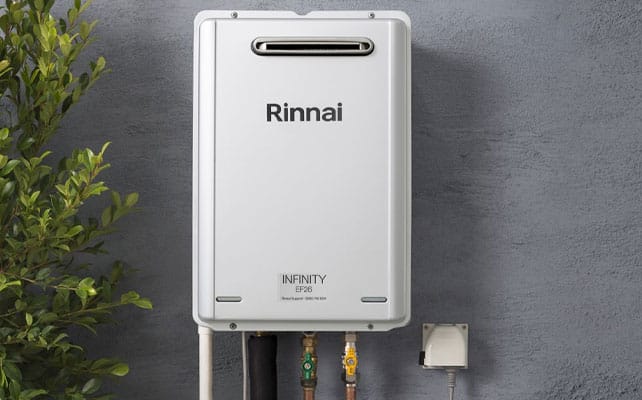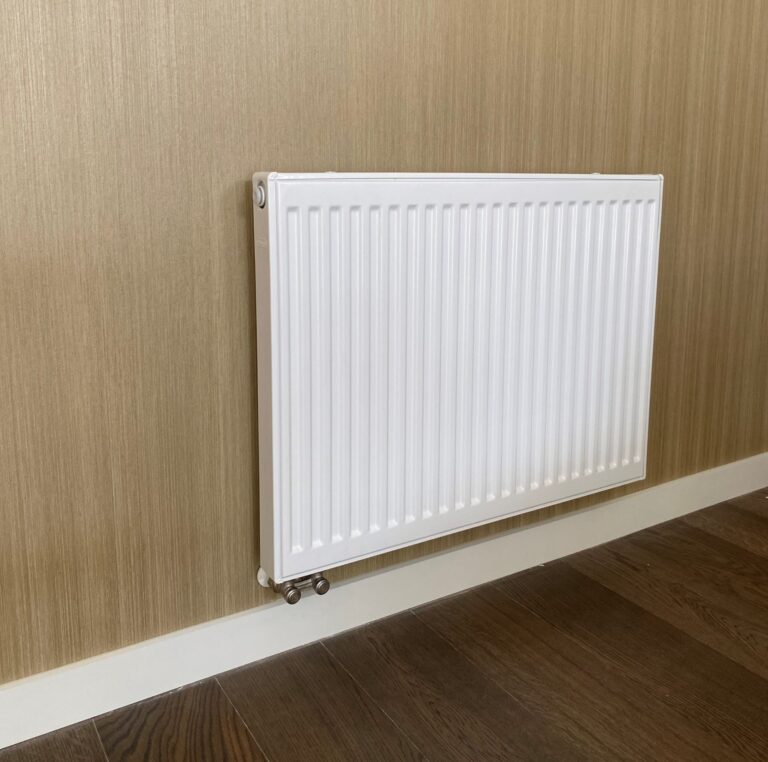Today, solar energy is becoming an increasingly popular energy source in Auckland and across New Zealand. Solar power is renewable, free, and a great way to be more sustainable and reduce your energy bills.
However, like any good decision in life, there are some pros and cons to consider when it comes to solar panels in Auckland. In this article, we will explore the advantages and disadvantages of having solar panels installed in your home in Auckland.
Pros of Solar Panels
Zero Carbon Emissions
Solar energy is an important key in reducing carbon emissions in Auckland. Solar panels are one of the most cost-effective renewable energy resources available, and they are becoming increasingly less expensive as technology continues to improve.
Solar panels take advantage of the free sunlight, using solar energy to produce valuable electricity without emitting any carbon dioxide (CO2). Solar panels can provide energy to households, businesses, and buildings, helping the city to meet its environmental goals.
Solar panels also create a more resilient energy supply. By harnessing the energy of the sun, the panels can generate electricity during any season, at any time of day. In addition, solar panels are low maintenance and require little day-to-day care. As an added bonus, the electricity produced by solar panels is clean and green, reducing the impact of pollutants on the environment.
Auckland’s Zero Carbon Emissions Goal
According to the Auckland City Council “One of the main goals of the plan is to reduce emissions by 50 per cent by 2030 and achieve net zero emissions by 2050”.
Solar panels play a vital role in this plan as Auckland and the rest of New Zealand turn to cleaner and greener energy sources to aid in reducing emissions.
Lower Utility Bills
Solar energy is the process of extracting energy from the sun. Solar panels convert the sun’s energy into electricity which can be used to power appliances and light fixtures. Installing solar panels for your home or business can result in significant savings on your monthly bill. The cost of installation can range from a couple of thousand dollars to several thousand depending on the size of the system and the panels you need.
The savings on your utility bill are immediately apparent because the panels generate electricity without being connected to the grid. This means that you are not paying for the electricity used by the grid. Depending on the size of the system you install, you can cut your electricity bills by 50-90%. That puts your total energy costs at a fraction of the cost of traditional energy sources.
Low maintenance
The lifespan of solar panels can range from twenty to thirty years, but this can be significantly longer if they are correctly maintained. Here are some tips for keeping your solar panels in good working order:
Clean them regularly
Solar panels should be cleaned at least twice a year, or more if they are located in areas of high dust or bird droppings. This can be done with special cleaning solutions or a power washer – make sure to avoid any abrasive materials that could damage the panels.
Check the wiring and cables
Check the connections regularly to ensure they are secure and of good quality. Any loose connections or damaged cables can lead to power losses.
Inspect the panels
Look for any physical damage as this can reduce the performance of the panels. If the glass on the panels is cracked, these should be replaced immediately.
Check for shade
Solar panels should ideally be exposed to direct sunlight throughout the day, so keeping an eye on nearby buildings or trees that could potentially cause shade is essential.
Monitor performance
The amount of electricity you’re generating should be monitored regularly. Any sudden drops or inefficiencies should be addressed quickly.
Cons of Solar Panels
Solar panels are one of the most cost-efficient ways to produce electricity from renewable sources. Solar power systems are also relatively low-maintenance, making them an attractive choice for many homes and businesses. Despite the many benefits, there are also some disadvantages to consider when investing in solar panels.
Cost
The initial cost of installing a solar power system can be expensive. While solar systems may cost more upfront, they pay for themselves over time through lower utility bills. It may take anywhere from 5 to 17 years for a solar power system to pay off, depending on the system size, usage and available subsidies.
Restrictions on Structures
Not all homes and businesses are suitable for solar panel installation. The suitability of the structure depends on the size of the roof, its orientation and the amount of available sunlight. In some cases, the structure itself may be too old, too weak or too shaded to support the installation of solar systems.
Seasonal Variations
Solar energy is only available during the day. While some solar power systems do provide energy storage, most homeowners rely on net-metering with their utility company to carry them through the night or periods of bad weather. In some cases, homeowners can still end up paying for power from utility companies if their solar energy production does not match their usage.
Recyclability of Solar Panels
Despite the numerous benefits of solar panels, there are important considerations to keep in mind when it comes to their recyclability. Solar panels are composed of various material components, including aluminium, silicon, plastic, lead, and copper. These materials are not all easy to recycle and require careful consideration in order to ensure that they do not lead to any environmental harm.
One of the current challenges with solar panel recycling is that there is not an established infrastructure to facilitate the process, meaning that when these items go into the waste stream, they often face restrictions such as long waiting periods before they can be recycled. Additionally, some solar panel materials may require specialised processing in order to be recycled, adding to the difficulty of the task.
Furthermore, when solar panels are put in place, they are generally expected to last for decades, meaning that these materials might not be recycled until they become obsolete. The extended life cycle and lack of recycling options for solar panels can lead to an influx of energy- and resource-sapping products in the waste sector, likely resulting in high humidity levels, heat, and methane emissions.
Conclusion
Overall, the pros of solar panels in Auckland certainly outweigh the cons. Solar panels are a viable option to invest in reducing your electricity bills in the long term. The concerning downside of the recyclability of solar panels will become a problem unless technology and recycling processes improve to accommodate for the panels that are at the end of their life span. However, this technology is constantly being improved and solar energy is proving to be a bright future for environmentally friendly power sources.




